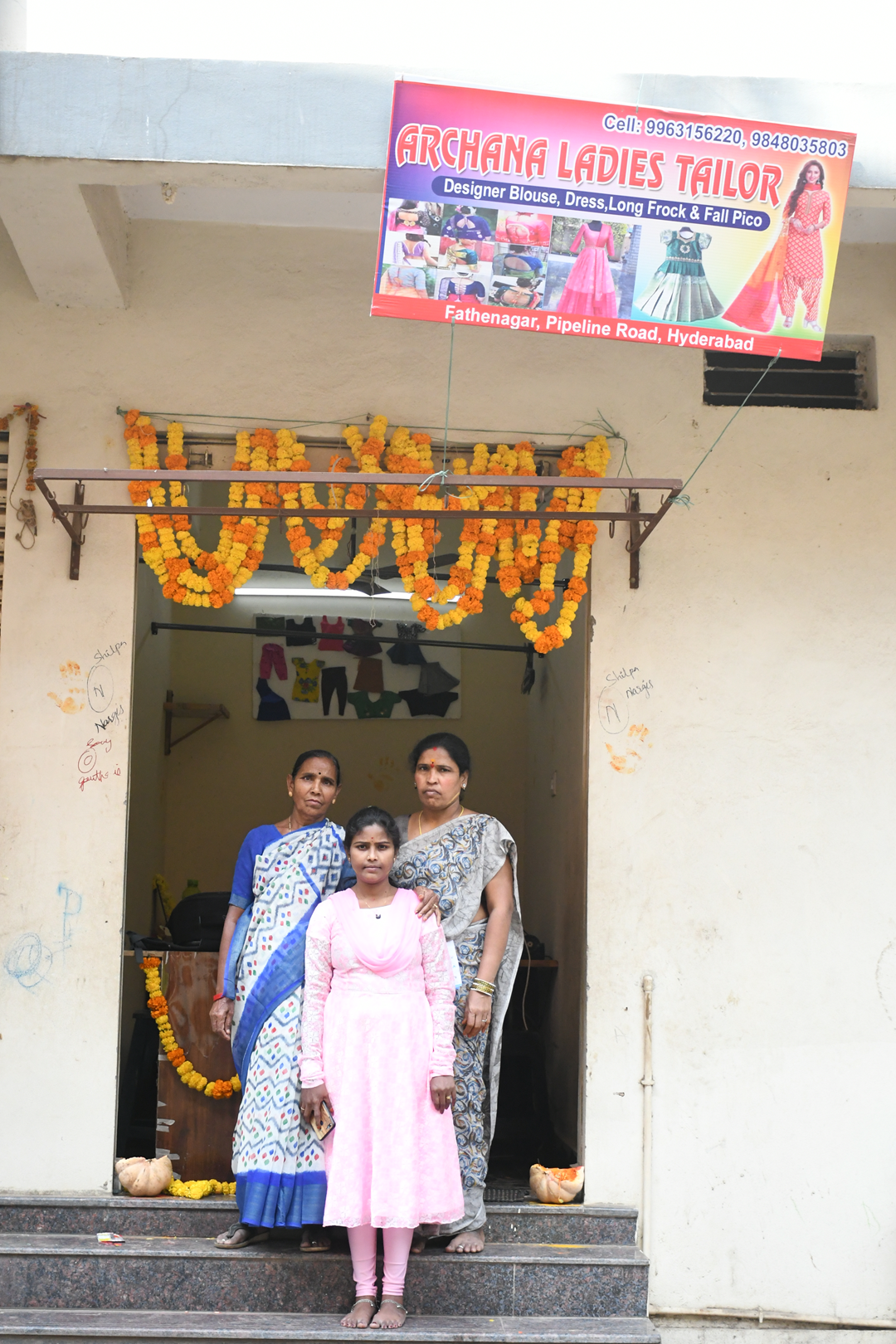14 Mar 2025
The Unheard Cries

7 min read
In the dusty lanes of rural India, where traditions often decide the rhythm of life, the pain of domestic violence is raw and unfiltered. Imagine a woman, raised to believe that her worth is tied to her sacrifice, facing abuse that strips her of dignity. Her silence is not a mark of strength but of a system that has taught her to hide her scars.
Yet, this sorrow is not confined to remote villages. Even in bustling urban landscapes, where education and modernity prevail, women face the brutal reality of domestic violence. Consider an urban professional, highly educated, ambitious, and self-reliant - who, despite her achievements, is undermined and belittled in the sanctuary of her own home. The fact remains: abuse does not discriminate. The World Health Organization estimates that one in three women worldwide suffers physical or sexual violence, a statistic that reverberates painfully within our communities.
Why is it that in the 21st century, a woman's right to safety and respect is still a battleground? Is it the weight of outdated cultural norms or the quiet complicity of societal silence that allows such injustice to persist?
Beyond Bruises and Broken Bones
Domestic violence wears many masks. Physical abuse with its visible scars and broken bones—is the most apparent. However, the true terror often lies in the less visible wounds inflicted by emotional, economic, and sexual abuse.
Emotional abuse is a silent killer. It dismantles a woman's self-worth, replacing confidence with self-doubt. Constant humiliation, derogatory remarks, and manipulative behaviors create an environment where fear overshadows hope. Economic abuse, on the other hand, is an insidious form of control. By restricting access to money or sabotaging a woman’s efforts to work, abusers render their victims financially dependent, stripping them of the means to escape. Even in rich homes, where material wealth abounds, the power imbalance can be stark. An educated woman may be trapped in a cycle of dependency and degradation despite her potential.
Sexual abuse, the most harrowing violation, leaves deep psychological scars that persist long after the physical wounds have healed. These diverse forms of abuse converge to create a reality where the very essence of womanhood is undermined, where dignity is not a birthright but a privilege often denied.
Roots of Injustice
At the heart of domestic violence lies a confluence of societal norms, power dynamics, and economic disparities. Patriarchy, with its deep-rooted belief in male superiority, casts a long shadow over the lives of women, normalizing behaviors that should be condemned. Economic dependence further exacerbates this power imbalance. When a woman lacks financial autonomy, the prospect of leaving an abusive relationship becomes not just daunting, but nearly impossible.
Education and financial independence are potent antidotes to the cycle of abuse. An informed, economically empowered woman is better equipped to recognize abuse, assert her rights, and seek the help she deserves. For instance, initiatives that provide vocational training and financial literacy are not mere interventionsthey are lifelines. By equipping women with marketable skills, these programs enable them to rebuild their lives, reclaim their dignity, and, most importantly, break free from the chains of domestic violence.
At organizations like Nirmaan, efforts are underway to bridge these gaps. Skill development programs and counseling services are being established to offer women both the means and the strength to rewrite their narratives. These initiatives underscore a critical truth: every woman deserves the chance to live without fear, to work without restraint, and to thrive without the shadow of abuse.
Breaking the Cycle
Domestic violence is not an isolated problem—it is a societal crisis that demands collective action. We must ask ourselves: How can we, as a society, create an environment where every woman feels safe and valued? What steps can we take to dismantle the structures that prolong this injustice? Moreover, we must foster a culture where victims of domestic violence are met with empathy and support, not judgment and silence.
What will you do to help turn this vision into reality?

Hello! Bhanusri here!
(Author)I have recently joined Nirmaan Organization and working as a content writer. Currently, living in Hyderabad, India. My hobbies, include Photography, Writing and Reading Books.



